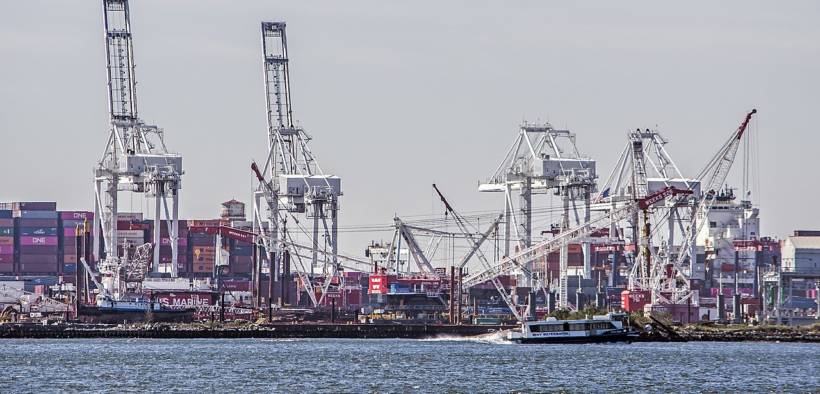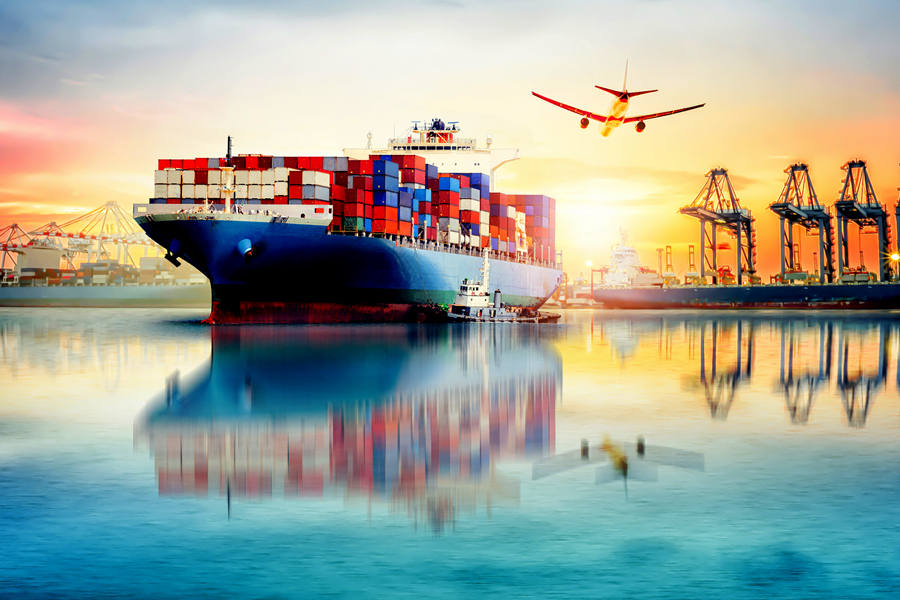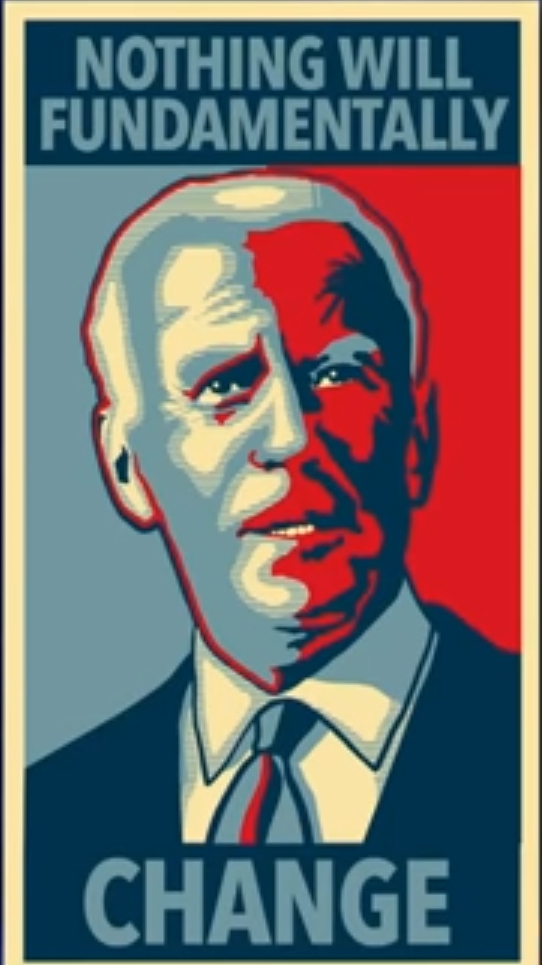Neoliberalism isn’t Dead Yet

(Benjamin Studebaker) As the coronavirus crisis drags on, it has become popular to declare this to be the death of neoliberalism. If neoliberalism were simply noninterference in the economy, the large stimulus packages passed around the world would seem to signify its end. But neoliberalism was never simply about noninterference. Neoliberalism is characterised by economic integration without political integration. Low trade barriers make states compete with each other for investment and jobs, and that pushes states to lower taxes, cut spending, deregulate, deunionise, and push down wages. By globalising the economy, neoliberalism creates a race to the bottom. It subjects states to a global market without creating a global polity to govern that market. We end up governed by an impersonal market logic which frequently conflicts with our needs and interests.
If neoliberalism is economic integration without political integration, there are two ways to end it:
- Dismantle the economic integration, restoring the power of territorial states
- Create a global polity, facilitating the political integration necessary to govern the global economy
At the time of writing, coronavirus has not dismantled economic integration. It has not brought an end to the international market order which has prevailed for the last 40 years. The World Trade Organisation continues to set minimum tariffs. Many states and regions have additional trade agreements on top of this to further reduce trade barriers. Capital and investment can still freely flow from country to country, unimpeded by capital controls.
Political integration is still a remote prospect at best. The suspension of the EU’s fiscal rules facilitates fiscal stimulus by individual European nation-states, but it does not create a fiscal union.
As long as we have economic integration without political integration, the race to the bottom prevents us from revitalising or replacing the social state. We cannot push up wages and living standards for our workers if their employers are free to relocate to states that are willing to impose draconian conditions on labour. We cannot raise taxes, we cannot sustain strong public services, we cannot nationalise sectors or subject them to collective ownership. As long as we have economic integration without political integration, the oligarchs are the customers, the workers are the product, and the states are lowly merchants.
The stimulus measures that have been approved empower the private sector and do not give the state any lasting control over the market. States are doing stimulus largely by sending checks to individuals and by lending money to firms. They are not creating new social programs, because new social programs would impose long-term demands on the budget, and states are committed to keeping both taxes and inflation down in the long-term. When the crisis ends, the cost of the stimulus will likely become a justification for another decade of austerity, in which public services are further mutilated.
This means that the stimulus measures will accelerate neoliberalism rather than than slow, halt, or reverse it. This is precisely what happened after 2008. There was a great deal of speculation that the crash would kill neoliberalism. Instead, emergency measures were used to avoid disaster and the cost of those measures became the justification for accelerating neoliberal reform. Neoliberalism was more intense in the 10s than in the 00s–it was more devastating and more brutal. The world in 2020 is more neoliberal than it was in 2010 or 2000.
The political movements which formed during the 10s to challenge neoliberalism have merged back into it. The right nationalists–Donald Trump and Boris Johnson–promised to end economic integration and restore the power of the nation-state. They have not even attempted to do this. Johnson’s Brexit maintains the trading relationship with the EU, and Johnson continues to seek further trade agreements with other states. Trump pledged to end NAFTA, but negotiated a new version of it that is very nearly identical to the original agreement. The “trade war” with China subjects only a relatively small basket of things to temporary tariffs and does not signal any generalised hostility to global trade as such. The Trump administration is very happy for firms to leave China and move to Vietnam, the Philippines, and other states with weak wage and regulatory laws.
The left egalitarians have fizzled out. Corbyn is gone and the Labour Party has been returned to the neoliberals. Sanders is in the process of losing, leaving the Democratic Party still in the hands of the neoliberals who have controlled it for decades. In Germany and France, the left has failed to become more competitive. Even those politicians remaining to represent “the left”–like Alexandria Ocasio-Cortez and Rebecca Long-Bailey–are not meaningfully committed to ending neoliberalism. They have very little to say about trade or the international system through which trade is regulated.
Both the right nationalists and the left egalitarians increasingly offer forms of aestheticised protest, but it’s become clear they have no teeth. When push comes to shove, they aren’t willing to run the risk of disrupting international supply chains, because that would mean stagflation and electoral defeat. The coronavirus offers an opportunity to an American president interested in making major revisions to the system, but Donald Trump has declined to use it in this way. His priority is re-election, which means the emergency measures are designed to preserve the neoliberal economic system rather than revise it. The opposition to Trump is Joe Biden–neoliberalism without even the veneer of aesthetic protest. Revolutionary movements remain too detached, too bourgeois, unable to make inroads into the general population or to in any way take advantage of the crisis.
By all indications, neoliberalism is set to continue, with the virus acting as an accelerator of trends already present within it. Telecommuting and digitalisation were already atomising us, reducing our participation in offline public spaces, and killing civil society organisations. The need to conduct essential business without human employees accelerates the automation that was already taking place. Libertarian reformers have long supported a subsistence-level basic income, and it is now being experimented with. The virus will kill many of the smaller businesses, further empowering transnational conglomerates.
The reaction to further neoliberalisation in the 20s will be mediated through mass movements that pretend to be counter-hegemonic while still embracing the core tenets of neoliberalism. On the right, nationalists will continue promising to restore the nation-state without doing it. On the left, there will be a push for more democracy, more devolution, more recognition, but without fundamental change to global economic structures. Each will fob off a resentful public with apparent reforms which do not address the true causes of our malaise. As Joe Biden put it:









